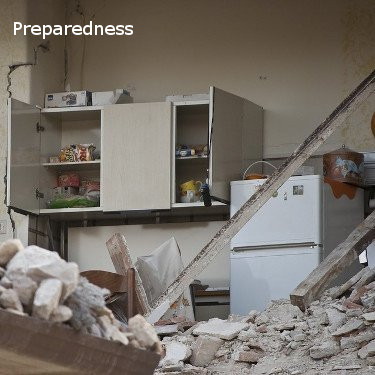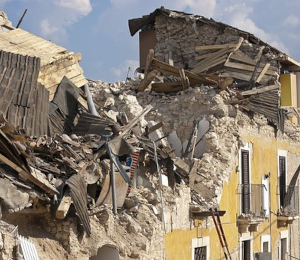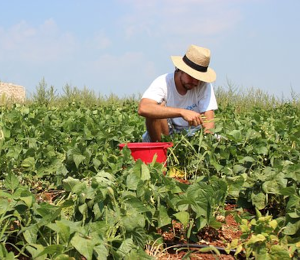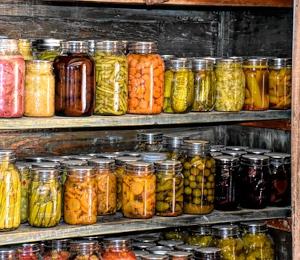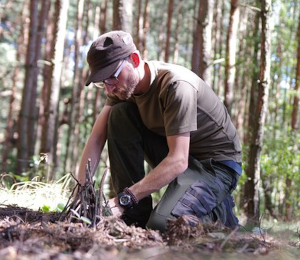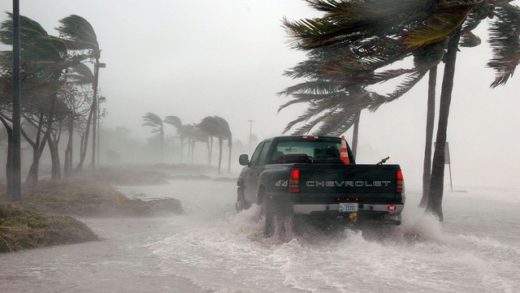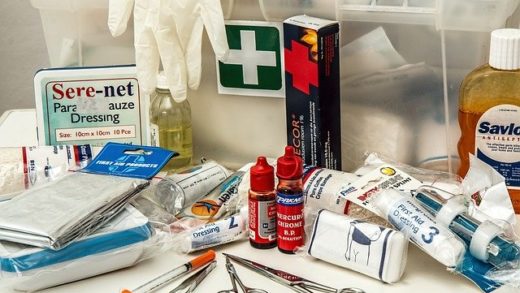
Keep items in separate airtight plastic bags. This will help protect them from damage or spoiling.
- Observe the expiration or “use by” date on stored food and water. If you have prepared your own containers of water, replace them every six months to ensure freshness.
- Rethink your kit and family needs at least once a year. Replace batteries, update medicines, clothes, etc.
- Ask your physician or pharmacist about storing prescription medications. You may find that the best solution is to gradually acquire a reserve by refilling prescriptions a little early, but always using those on hand first to avoid having the expiration dates lapse. Be sure they are stored to meet instructions on the label. It may be difficult to obtain prescription medications during a disaster because stores may be closed or supplies may be limited. Keep copies of essential prescriptions with you at all times.
- Use easy-to-carry containers for the supplies you would most likely need for an evacuation. Label them clearly. Think about using:
- Large trash container with handles and a cover
- Camping backpack
- Duffel bag
- Cargo container that fits on the roof of your vehicle
- Insulated cooler that protects stored items in hot climates
- Store water separately to prevent damage from leakage.
- Always keep your cell phone with you, if you have one. Do not pack it in the kit. Consider getting an extra cell phone battery to keep with your Disaster Supplies Kit.

